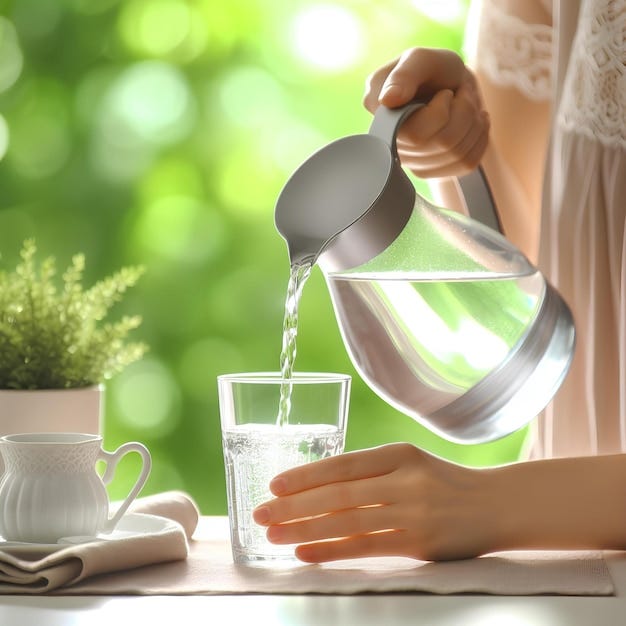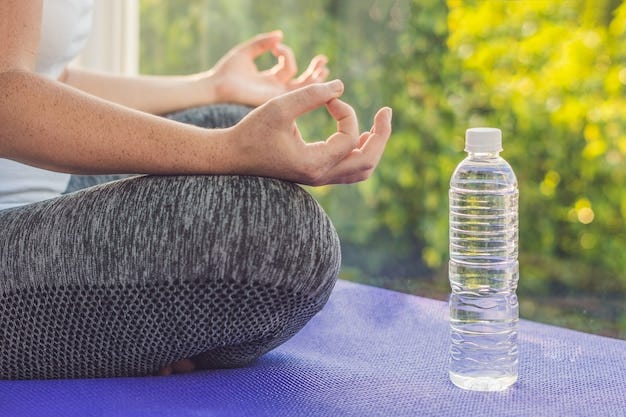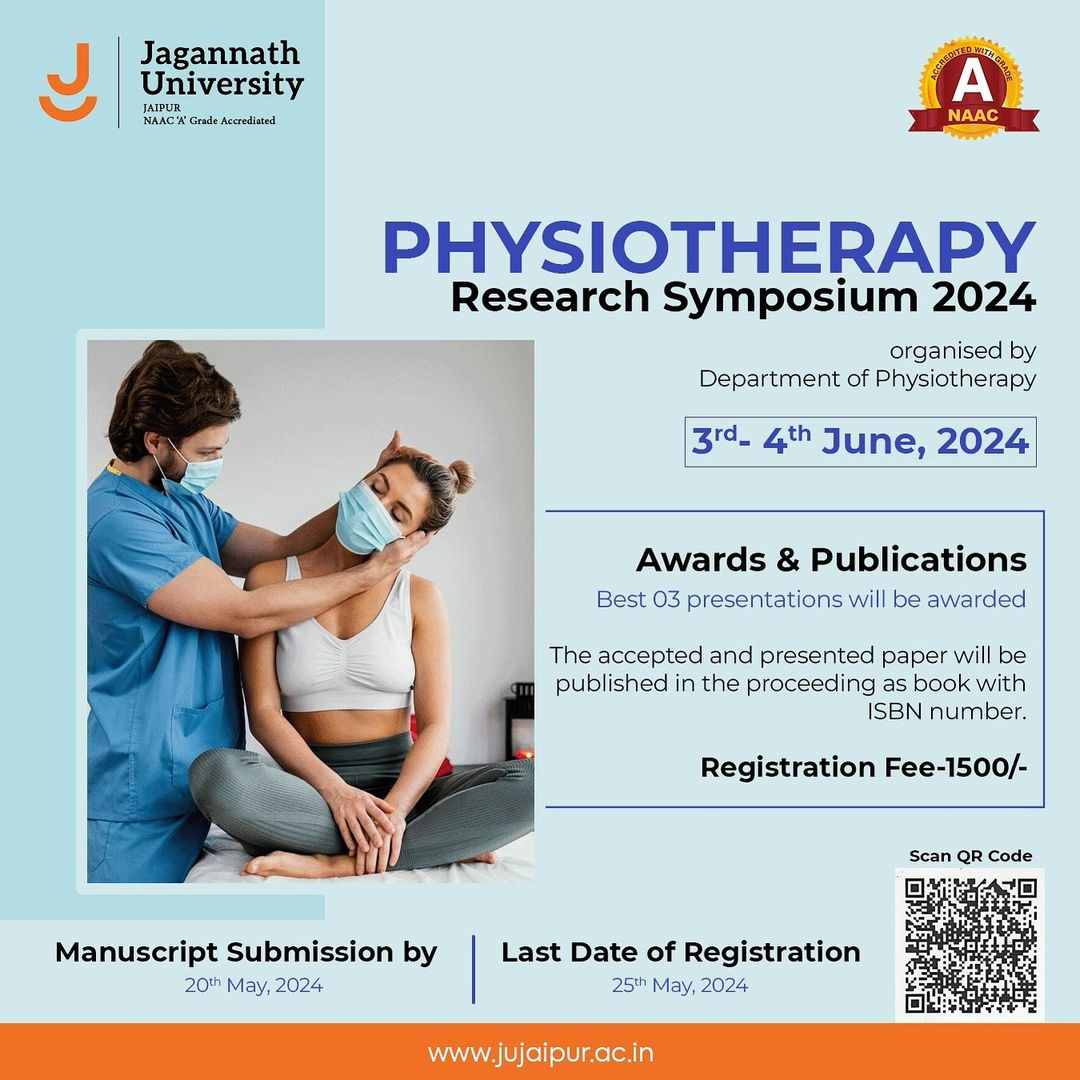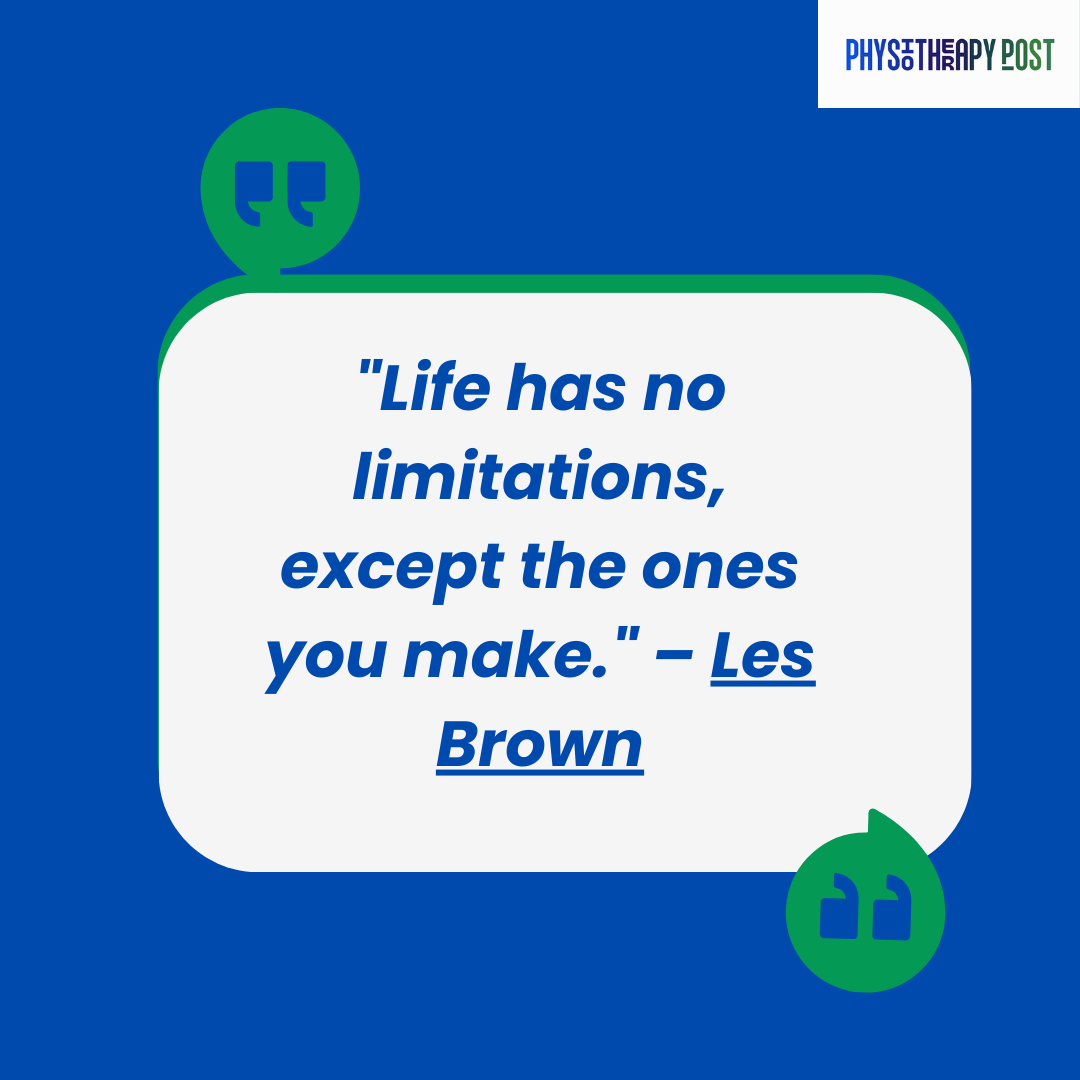The Hydration Equation: Balancing Fluid Intake for Wellness
Physiotherapy Post | Vol. 2, Issue 25 | May 2024
Dear Readers
In the symphony of life, water plays the lead role—a conductor orchestrating harmony within our bodies. From the tiniest cell to the grandest organ, every note depends on this liquid maestro. Welcome to our exploration of the hydration equation, where we dive deep into the science, myths, and practical tips for maintaining optimal fluid balance.
Picture this: a sun-kissed morning, dewdrops clinging to blades of grass, and the promise of a new day. Just as nature thrives on water, so do we. But beyond quenching our thirst, hydration influences our well-being in profound ways. It’s not just about gulping down eight glasses a day; it’s about understanding the delicate dance between intake and output.
Join us as we unravel the mysteries of hydration, debunk misconceptions, and sip from the fountain of knowledge. Whether you’re an athlete chasing records, a desk-bound dreamer, or a wellness enthusiast, this journey is for you.
Let’s hydrate our minds, bodies, and souls—because life flows better when we’re well-watered.
Warm regards,
Dr. Aditi Singh
Editor-in-chief
Physiotherapy Post
Water is a fundamental nutrient that plays a crucial role in maintaining overall health and well-being. Proper hydration is essential for optimal daily functioning, and understanding the dynamics of water balance can help individuals make informed choices about their fluid intake. In this article, we’ll explore the science behind hydration, practical measures to assess hydration status, and the impact of water balance on cognitive performance.
Water Balance Basics
Sources of Water Input
Beverages: Drinking water, herbal teas, and other hydrating beverages contribute to our daily water intake.
Foods: Many foods, especially fruits and vegetables, contain water. Consuming a variety of fresh produce helps boost hydration.
Metabolic Water: Our body produces water as a byproduct of metabolic processes.
Water Output
Urine: The primary route for water excretion.
Sweat: During physical activity or exposure to heat, we lose water through sweat.
Respiration: Breathing also results in water loss.
Assessing Hydration Status
Several methods exist to evaluate hydration levels:
Urine Color: Dark yellow urine may indicate dehydration, while pale yellow suggests adequate hydration.
Thirst: Pay attention to your body’s thirst cues.
Body Weight: Regularly monitoring weight can help detect changes due to water loss or gain.
The Cognitive Connection
Traditionally, a 2% or more body water deficit was thought to impair cognitive performance. However, recent research suggests that even mild dehydration (a body water loss of 1-2%) can negatively impact cognitive function. Cognitive performance includes attentiveness, critical thinking skills, and memory.
Personalized Hydration Strategy
While general guidelines recommend 8 to 12 glasses of water daily, individual needs vary. A personalized approach considers factors like body weight, activity level, and climate. Here’s a simple equation to calculate your daily water intake:
Daily Water Intake (in Ounces)=Weight (in lbs)×0.5
For example, if you weigh 150 lbs:
Daily Water Intake = 150 x0.5 = 75 ounces
Adjust for exercise:
Adjusted intake=previous result+Exercise (minutes)/30*12 Oz
For instance, if you exercise for 60 minutes:
Adjusted intake=75+60/30x12=99 ounces per day
Recent Advancement:
“Exploring the Potential Benefits of Natural Calcium-Rich Mineral Waters for Health and Wellness: A Systematic Review”
Pop MS, Cheregi DC, Onose G, Munteanu C, Popescu C, Rotariu M, Turnea M-A, Dogaru G, Ionescu EV, Oprea D, et al. Exploring the Potential Benefits of Natural Calcium-Rich Mineral Waters for Health and Wellness: A Systematic Review. Nutrients. 2023; 15(14):3126. https://doi.org/10.3390/nu15143126
This systematic review explores the health and wellness advantages associated with consuming natural calcium-rich mineral waters. Focusing on dietary calcium sourced from these waters, the study investigates their impact on bone health, cardiovascular function, weight management, and overall well-being. The review process involved a comprehensive analysis of peer-reviewed articles, clinical trials, and experimental studies published within the last decade.
Key Findings:
Enhanced Calcium Intake:
Natural mineral waters rich in calcium offer a convenient and bioavailable source of this essential mineral.
Individuals with lactose intolerance or those following plant-based diets can significantly benefit from incorporating calcium-rich mineral water into their daily intake.
Bioavailability Advantage:
The unique bioavailability of calcium from mineral waters enhances absorption, potentially surpassing other dietary calcium sources.
This advantage may contribute to better overall calcium utilization in the body.
Cardiovascular Health:
Some studies suggest that regular consumption of calcium-rich mineral water may lead to reduced blood pressure and a lower risk of cardiovascular diseases.
The cardiovascular benefits warrant further investigation.
Weight Management Potential:
Emerging evidence hints at a role for calcium-rich mineral water in body weight management.
However, additional research is necessary to establish its efficacy in this context.
Areas for Further Research:
Interaction with other dietary components: Investigate how calcium-rich mineral water interacts with other nutrients.
Effects on specific populations: Explore its impact on individuals with specific health conditions.
Long-term effects: Assess the sustained benefits and potential risks over extended periods.
News update:
1. Why has medical panel ICMR urged people to avoid protein supplements?
Read more at: Link
2. Yoga tips: Insomnia, chronic fatigue, mood swings are signs you are overdoing exercises
Read more at: Link
3. The best time to consume calcium is…
Read more at:Link
Upcoming event/s:
Thought of the Week:
If you have any questions or would like more personalised advice, feel free to reach out to our expert team at dr.aditisingh05@gmail.com.
Wishing you a vibrant and pain-free times ahead!
Warm regards,
Team Physiotherapy Post








